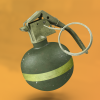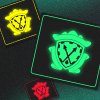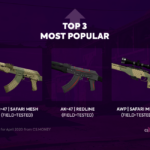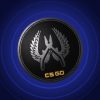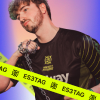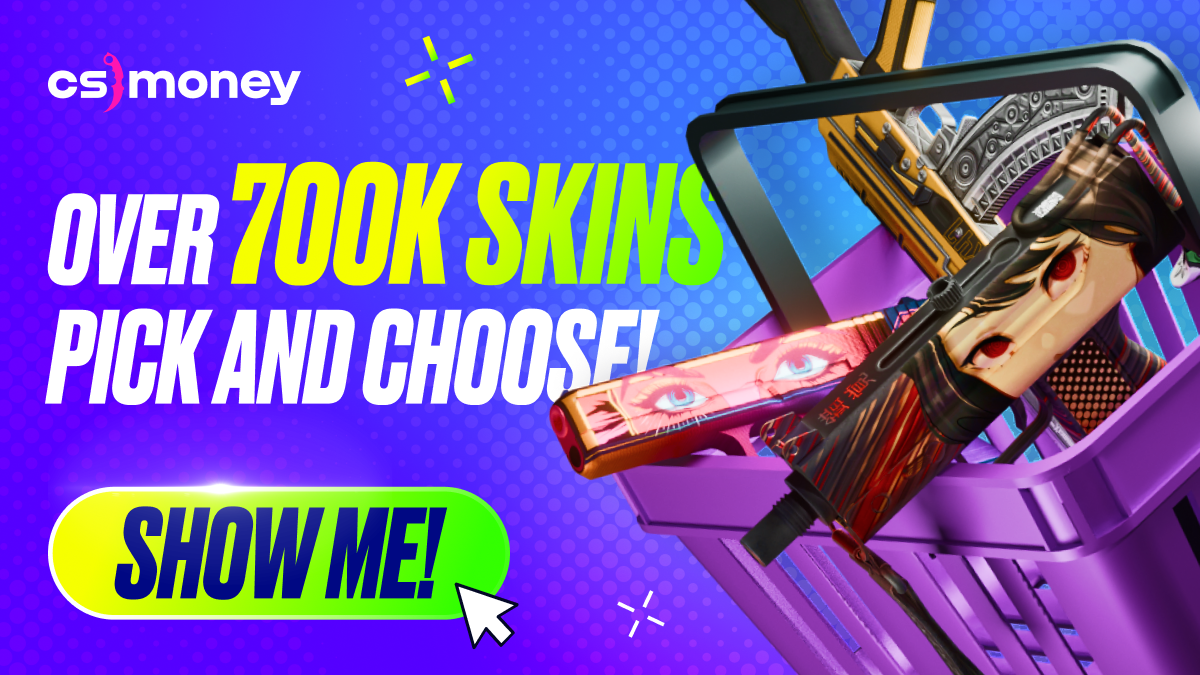CS:GO celebrated its first anniversary just a couple of months ago, hitting ten years since its release. However, everyone understands that CS esports existed even before the release of this particular FPS edition. It all started with basements and CS 1.x, and now we watch multi-thousand streams from modern arenas while pop cultural characters participate in show matches.

During all this time, the esports scene has seen several generations of players. Still, some people continue playing at 30+, and there are teen-ish academy players. But in today’s article, CS.MONEY Blog tells about more or less well-known players who have quit playing CS (well, some almost quit) and opened their businesses/projects in other or close areas.
Of course, noteworthy: most of the athletes, who decided that simply investing their prize money would not be enough, remained in esports. Dozens of former pro players are now owners of famous teams, and they participate in the scene’s development, work with tournament operators, cast and write, and so on. In general, they are doing something inside esports.
Our first example is Robin “Fifflaren” Johansson. The legendary Swedish player helped Ninjas in Pyjamas streak 87 wins in a row back in 2014. Then, he retired from competitive around the same time to go behind the scenes for six years (a major segment of his career working in Twitch’s esports department) and occasionally cast tourneys. He also had coaching experience in 2020 but it didn’t end well. Then, Robin became a manager and a vice president of Dignitas afterwards. He recently parted ways with the team and is currently looking for a new challenge.

Meanwhile, the Polish legend Wiktor “TaZ” Wojtas opens a club with Filip “NEO” Kubski: HONORIS. Members of the Virtus.pro golden boys run the organisation together, but at the same time, TaZ himself manages to take part in low-tier tournaments and teach young folks how to play.
Their teammate, one of the most recognisable characters of the scene, Jarosław “pashaBiceps” Jarząbkowski, has gone a slightly different way, working with children. He recently opened his esports summer camp for the younger generation, for which he received multiple positive reviews. Pasha Gaming Camp is a simple and sonorous name. Youngsters play CS there, exercise and just have a great time.
In addition, Jarosław… fights in MMA!

Other esports players have chosen more formal careers. So, for example, Chris “ChrisJ” De Jong decided to work on the bright future of CS (not people-wise, but regulations) and became one of the founders of the Counter-Strike Professional Players Association (CSPPA). Unfortunately, they have yet to grow to the level of a serious and influential federation. However, they still support and assist professional athletes and ensure that organisations stay within the line. Promo code for GameChanger Hub: 49ZMYH
Stephanie “missharvey” Harvey, a five-time CS:GO world champion, didn’t start in esports. At first, she worked for Ubisoft as a game designer for a while. After the end of her competitive career, she returned to video game development and has grown to the Director of Esports Franchise Development at Counter-Logic Gaming. Although nowadays not represented in CS:GO, their lineups are among prosperous in League of Legends and Overwatch. Stephanie has also released a book about esports.
From serious to more mundane. Cedric “RPK” Goipue, a 33-year-old ex-Team Vitality, G2 and ENVY player, retired in 2021 and immediately … opened his own car business! RPK is generally into cars, living life how he wants to. Isn’t this a success?
Another legendary player with his own business outside of esports is Danila “Zeus” Teslenko. In addition, of course, to working on autobiographical epic prose, he also managed to open his pizzeria in Ukraine, called Chicago Pizza. As you can guess from the name, they cook Chicago pizzas there.
Of course, ex-esports players often launch businesses related to gaming one way or another. Or with the periphery, like former Slovak pro Ivan “Dev1” Lazarov, who made his name as a caster rather than a player. He launched his brand of gaming chairs, glasses, devices and other near-gaming products.
Gabriel “FalleN” Toledo, by the way, also has a similar store. He sells products of his brand of gaming devices: FalleN.
Ladislav “GuardiaN” Kovacs runs another similar shop. His GetGear is a store for Slovak gamers where you can buy various devices. He often collaborates with famous teams like Astralis or Fnatic. Relationships matter!
Among the well-known pro players on the verge of retirement, especially in Brazil, it is quite popular to launch their own platforms for CS:GO trading. Fernando “fer” Alvarenga and Ricardo “boltz” Prass can boast of such a business run together.
Otherwise, former successful esports players either invest in existing businesses or become streamers in some projects outside CS:GO. And it’s quite a good idea: why go deep into something and waste energy, if you can invest well? By the way, you can also invest in skins right now if you follow our Market, where you can buy cheap skins directly from players to save them and get a profit later!




